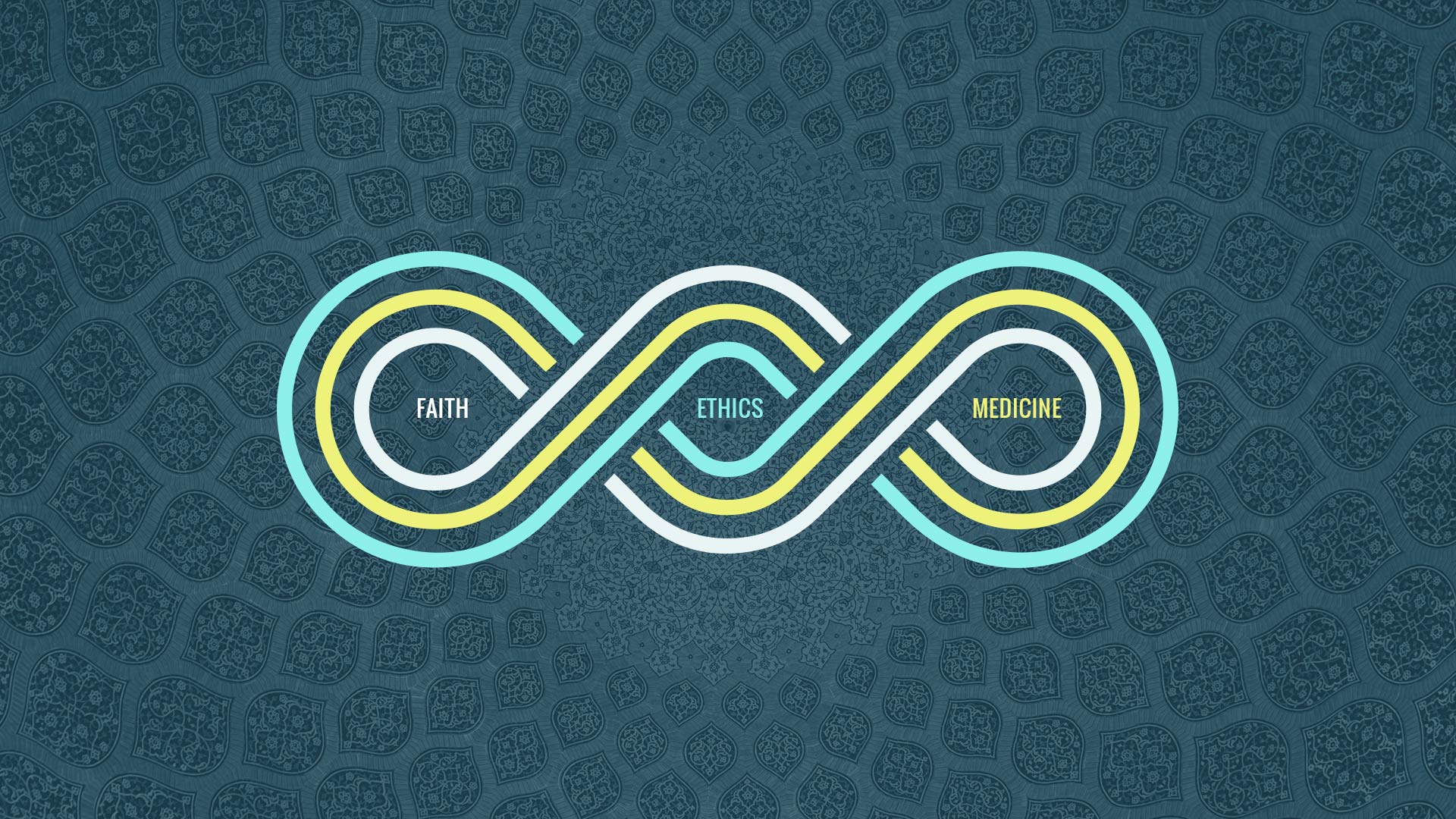
What if religious beliefs and traditions became more recognized in healthcare? Aasim Padela, M.D., professor and vice-chair for research and scholarship at the Medical College of Wisconsin, has been working for decades to bridge gaps between religious knowledge and scientific knowledge. By raising awareness of healthcare disparities, his goal is to prompt considerations of how to improve inclusion and accommodation of religious identity, specifically for the American Muslim population.
When does death occur?
From a medical standpoint, that may seem like a straightforward question with a definitive, fact-based answer. But for devout followers of Islam, it’s far more complex.
According to the Qur’an, death occurs when the soul is separated from the body. But how does this relate to today’s medical advances? Where does the soul reside in the body? In the respiratory and circulatory systems? In the brain? Does the soul depart when the body shuts down? Or when the brain dies? When does a person stop being a person?
Such questions carry enormous moral weight for Muslims who struggle to reconcile today’s advanced medical procedures and possibilities with Islamic laws and traditions.

The definition of death, although the most dramatic, is just one example of how fast-paced advancements in medicine have left many in the Muslim world feeling unsettled and uncertain. Imams and other Islamic leaders are seeking to integrate traditional knowledge with scientific knowledge. And the challenge is all the more difficult because limited scholarly guidance exists. Research, publications and information exchanges among leaders have been few and far between
At the same time, particularly in the United States where the Muslim population has been fast-growing, doctors, nurses and other health care workers struggle to understand and accommodate the needs of Muslim patients and their families. Sadly, too little information and support have also been available to them.
Aasim Padela, M.D., formerly at the University of Chicago and now a professor and vice chair for research and scholarship at the Medical College of Wisconsin, has been working for decades to bridge gaps between religious knowledge and scientific knowledge. By raising awareness of healthcare disparities, his goal is to prompt considerations of how to improve inclusion and accommodation of religious identity. Although his work has focused primarily on Muslims, the questions he raises have potential relevance for people of all religions and beliefs.
According to Padela, healthcare authorities “need to acknowledge the role religious communal life and practices play in the lives of individuals, especially during times of uncertainty and fear. They must work with religious leaders so that they can better understand the rationale behind the social constraints. That will empower religious leaders to frame these policies within a religious worldview and design creative solutions.”
With support from Templeton Religion Trust, he’s been working to encourage scholarly conversations bridging traditional Islamic theology, metaphysics and issues arising out of the field of biomedicine. These efforts include:
From probing the boundaries of death to organ donations and transplants, from surrogate mothers and uterine transplants to pork stabilizers in measles vaccines and Muslim modesty standards for women during medical procedures – these are all biomedical issues that Padela contends should always be considered in the context of religious values. “They have to be,” he says, “if we’re to do justice to the society and the people that we live around.”
By bringing academicians, clinicians and Islamic scholars, Padela‘s efforts are filling a void in discourse centered on the scholastic traditions of Islam and the human sciences.
By continuing to assist Muslim patients, clinicians, chaplains and imams in engaging with modern medicine faithfully, the result can be improved health for and a broader understanding within healthcare of the diverse impacts of religious faith.